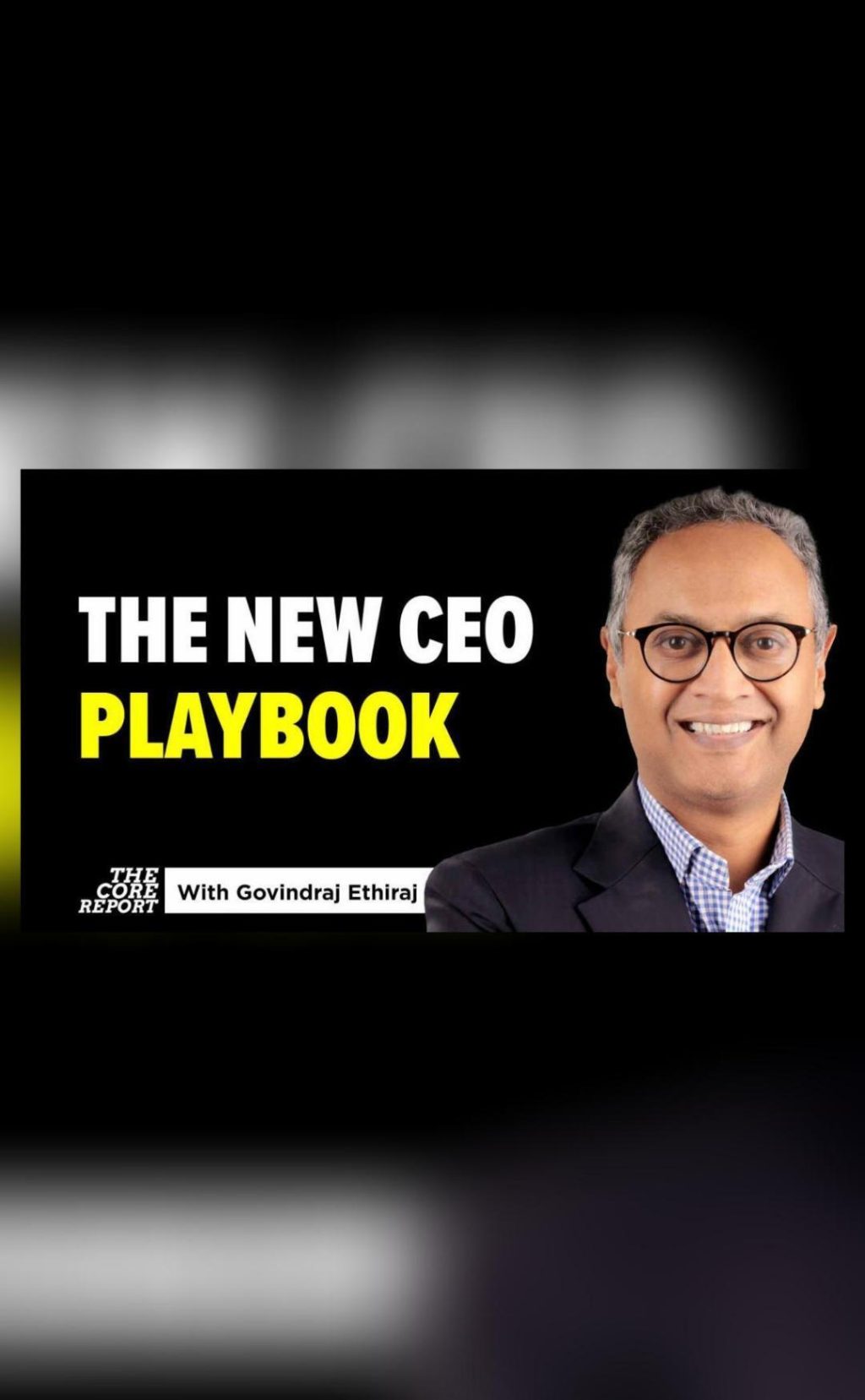
The New CEO Playbook: AI Pressures & Global Tariff Shocks
As global CEOs navigate the complex landscape of modern business, they are faced with unprecedented challenges. The rapid advancement of artificial intelligence (AI) is reshaping industries, while global tariff shocks are disrupting trade patterns. In this environment, business leaders must rethink their strategy and operations to stay ahead of the competition. With no guarantee of stability, companies are being pushed to localize, adapt, and reconsider long-held business models.
The AI Revolution
AI is transforming the way businesses operate, and CEOs must adapt quickly to stay ahead. The technology is driving innovation, improving efficiency, and enhancing customer experiences. However, it also poses significant challenges, particularly in industries where jobs are at risk of automation.
A recent survey by PwC found that 64% of CEOs believe AI will create more jobs than it replaces, but 44% are concerned about the impact on their workforce. To mitigate these concerns, companies are investing in upskilling and reskilling programs to ensure their employees have the necessary skills to thrive in an AI-driven world.
Tariff Shocks and Trade Policy Uncertainty
The escalating trade war between the United States and China has created significant uncertainty for global CEOs. The introduction of tariffs has disrupted supply chains, increased costs, and led to a decrease in trade volumes.
In response, many companies are reevaluating their global supply chain strategies. Some are shifting production to countries with lower tariffs, while others are investing in domestic manufacturing to reduce reliance on imports.
A recent report by Deloitte found that 75% of CEOs believe tariffs will have a significant impact on their business, and 60% are already taking steps to adjust their supply chains.
The New CEO Playbook
In this environment of rapid change and uncertainty, CEOs must develop a new playbook to stay ahead. Here are some key strategies to consider:
- Embrace AI: Invest in AI technologies to drive innovation, improve efficiency, and enhance customer experiences. However, also prioritize upskilling and reskilling programs to ensure employees have the necessary skills to thrive in an AI-driven world.
- Localize and Adapt: Shifting trade policies and tariff shocks are disrupting global supply chains. Consider localizing production, adapting to changing trade policies, and diversifying supply chains to reduce reliance on imports.
- Rethink Business Models: The traditional business model is under pressure. Companies must rethink their strategies to stay relevant in a rapidly changing world. This may involve exploring new markets, developing new products, or partnering with other companies to stay ahead.
- Develop a Resilient Culture: The ability to adapt and innovate quickly is crucial in today’s fast-paced business environment. Develop a culture that encourages experimentation, risk-taking, and continuous learning to stay ahead of the competition.
- Monitor and React: Stay informed about changing trade policies, tariff shocks, and AI advancements. Develop a strategy to monitor and react to these developments quickly, ensuring your company remains agile and adaptable.
Conclusion
The new CEO playbook is about embracing AI, localizing and adapting to changing trade policies, rethinking business models, developing a resilient culture, and monitoring and reacting to changing circumstances. In this environment of rapid change and uncertainty, CEOs must be agile, innovative, and willing to adapt to stay ahead.
As CEOs navigate this complex landscape, they must prioritize the development of new skills, invest in AI technologies, and rethink their business models to stay relevant in a rapidly changing world.
News Source:






